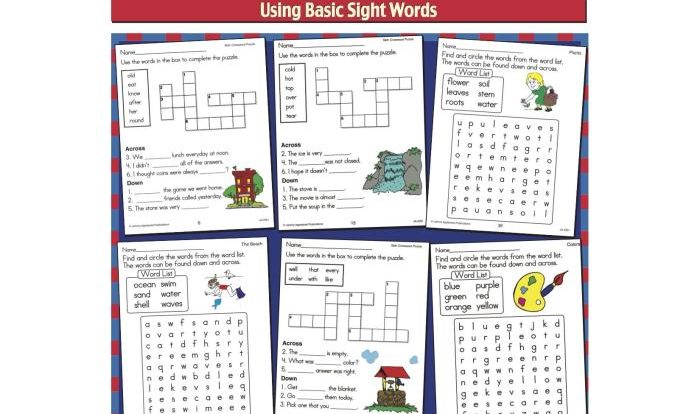Fail to achieve the desired result crossword – Embarking on an exploration of the “fail to achieve the desired result” crossword conundrum, this discourse delves into the depths of this intriguing subject, unraveling its complexities and shedding light on the path toward overcoming obstacles and achieving success.
The subsequent paragraphs will meticulously dissect the causes of failure, illuminate strategies for triumphing over setbacks, and emphasize the invaluable lessons that can be gleaned from embracing failure as a catalyst for growth.
Definition and Overview: Fail To Achieve The Desired Result Crossword

The term “fail to achieve the desired result” refers to a situation where an individual or organization does not attain their intended outcome. This can occur in various contexts, such as personal endeavors, professional projects, or organizational goals. Failure to achieve the desired result can stem from a combination of internal and external factors, including personal beliefs, attitudes, behaviors, and environmental constraints.
Causes of Failure
There are numerous reasons why individuals may fail to achieve their goals. Some common causes include:
- Unrealistic Goals:Setting overly ambitious or unattainable goals can lead to discouragement and failure.
- Lack of Motivation:Insufficient motivation can result in procrastination, apathy, and ultimately, failure.
- Poor Planning:Inadequate planning can lead to disorganization, missed deadlines, and ultimately, failure.
- Insufficient Resources:Lack of necessary resources, such as time, money, or support, can hinder success.
- External Barriers:Factors beyond an individual’s control, such as economic downturns or unexpected events, can also contribute to failure.
Strategies for Overcoming Failure, Fail to achieve the desired result crossword
Overcoming setbacks and achieving success requires resilience, perseverance, and adaptability. Effective strategies include:
- Re-evaluate Goals:Assess the feasibility of goals and make adjustments as necessary.
- Build Resilience:Develop coping mechanisms to deal with setbacks and maintain motivation.
- Seek Support:Surround yourself with supportive individuals who can provide encouragement and assistance.
- Learn from Mistakes:Analyze failures to identify areas for improvement and develop strategies to prevent future setbacks.
- Embrace Failure:View failure as an opportunity for growth and learning, rather than a negative experience.
Learning from Failure
Failure can be a valuable learning experience. By identifying mistakes, analyzing causes, and developing solutions, individuals can improve their chances of future success. Learning from failure requires:
- Self-Reflection:Honestly assess your actions, beliefs, and attitudes to identify areas for improvement.
- Feedback:Seek feedback from others to gain different perspectives and identify blind spots.
- Growth Mindset:Embrace a growth mindset that views failure as an opportunity for learning and improvement.
- Positive Attitude:Maintain a positive attitude and focus on solutions rather than dwelling on setbacks.
Frequently Asked Questions
What is the significance of analyzing failures?
Failure analysis provides valuable insights into mistakes made, enabling us to identify areas for improvement and develop more effective strategies for future success.
How can resilience contribute to overcoming setbacks?
Resilience fosters the ability to bounce back from adversity, maintaining a positive mindset and unwavering determination in the face of challenges.
What role do external factors play in goal achievement?
External factors, such as environmental constraints and resource limitations, can impact goal achievement, necessitating adaptability and a willingness to seek support.


